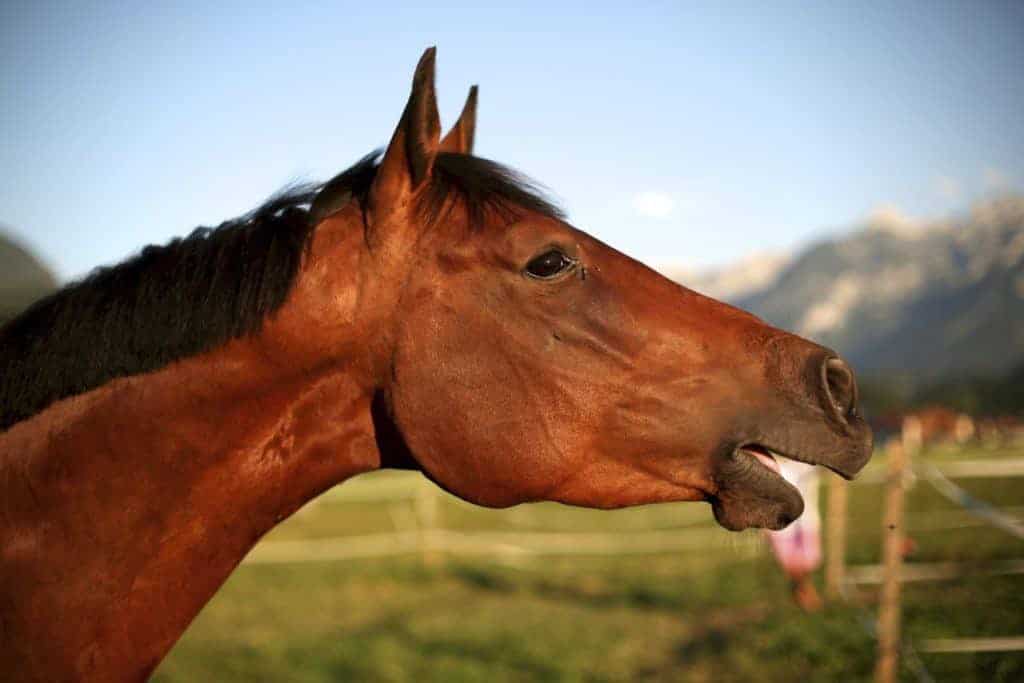
Study: Transportation Related to Equine Gastric Ulcers
Italian and Australian researchers investigated the relationship between transportation, gastric pH, and gastric ulcers. The team was surprised by some of the results.

Italian and Australian researchers investigated the relationship between transportation, gastric pH, and gastric ulcers. The team was surprised by some of the results.

Both NSAIDs induced GI tract inflammation, but phenylbutazone might result in more severe inflammation in the lower GI tract.

How can horse owners help prevent equine gastric ulcers?

One is prescribed by your veterinarian, the other is available over the counter. Find out more in our Q&A.

Is your horse approaching his retirement years? Learn how to keep your horse happy and healthy after his athletic career.

Physiological stress can be an important equine welfare issue. Here’s what you should know.

You’ll find exclusive content focusing on how stress affects horses’ health and behavior all month long on TheHorse.com.

If ECoV tests are positive and a horse is showing classic clinical signs of the disease, including colitis, fever, and lethargy, vets can safely assume he has equine coronavirus disease without further testing.

Learn about equine gastric ulcer syndrome signs, diagnostic methods, and prevention and treatment strategies in this visual guide.

While any colic episode can be frightening, being prepared in advance can help you navigate such issues with your veterinarian’s assistance.

Gastric ulcers occur commonly yet present a number of treatment challenges requiring pharmaceutical intervention and intensive lifestyle modifications. Sponsored by Vitalize.

While omeprazole use is unlikely to cause bone issues in horses consuming correct rations, researchers said it’s important to respect professional recommendations for both omeprazole treatment duration and commercial feeding instructions.

Here’s what you need to know about how to make a change in your horse’s hay or forage safely and effectively.

A veterinarian dispels 4 common rumors that often sway an owner’s decision to pursue surgery for a colicking horse.

Penn Vet researchers found older horses with small intestinal lesions that survive colic surgery are just as likely as younger horses to develop postoperative reflux or to survive to hospital discharge.

Do older horses that eat senior feeds have a higher risk of choke?
Stay on top of the most recent Horse Health news with
"*" indicates required fields